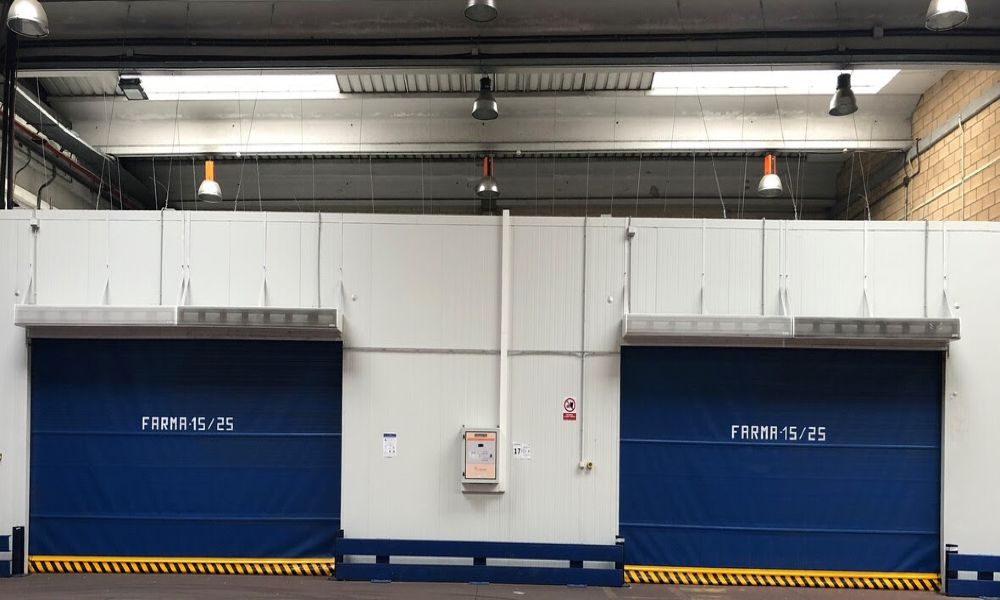
WFS awarded GDP-certification for pharma handling facilities in Madrid, Barcelona
Worldwide Flight Services’ (WFS) stations in Madrid and Barcelona have obtained Good Distribution Practice (GDP) certifications.

Worldwide Flight Services’ (WFS) stations in Madrid and Barcelona have obtained Good Distribution Practice (GDP) certifications, strengthening its leadership in pharmaceutical handling facilities at major airports around the world.
Among WFS’ 14 dedicated pharma facilities in Europe, USA, South Africa and Thailand, several have already been awarded GDP certification (Cape Town, Copenhagen, Cork, Dublin, Johannesburg, London and Paris CDG), or are in the process of obtaining this certification (Amsterdam, Bangkok, Brussels and Frankfurt). A number of these stations, including Amsterdam, Barcelona, Madrid and Paris CDG, also have IATA CEIV Pharma certifications.
GDP certification is awarded after a rigorous independent audit to confirm a pharma facility’s temperature management capabilities, as well as the suitability of its auditing processes, risk assessment and corrective/preventive measures. It provides WFS customers with a guarantee that temperature-controlled pharmaceutical products are consistently stored, transported and handled under the product-specific conditions required by the pharma industry.
Humberto Castro, WFS’ managing director – Cargo, Spain, said, “As the world’s leading air cargo handler, WFS is already at the forefront of best-practice for pharma shipments in terms of compliance and our ability to safeguard product integrity. Now that our Madrid and Barcelona stations have both GDP and IATA CEIV certifications, customers have the added assurance that we meet the highest global standards for handling air cargo shipments of pharmaceuticals.”
WFS’ highly-trained pharma handling teams at Madrid and Barcelona airports use dedicated docks and maneuvering areas for the safe loading and unloading of temperature-sensitive shipments, supported by specialised trucks, trailers and dollies. Located in the heart of each airport’s cargo areas, the WFS stations in Barcelona and Madrid have approximately 640sqm and 450sqm of landside and airside acceptance capability respectively, with the latest technology for warehouse management, real-time temperature monitoring, shipment tracking, CCTV monitoring and security alarms. The two stations currently handle over 8,600 tonnes of temperature-controlled pharma shipments a year for six main airline customers, for products needing to be stored between +2°C to +8°C and +15°C to +25°C. Both stations are playing an important role in the handling and distribution of COVID vaccines for the Spanish population.
Significant investment in a global network of temperature-controlled pharma handling facilities over the past three years means WFS has already become the preferred partner of many of the world’s biggest transporters of pharmaceuticals and medical devices. These competencies have proved all the more relevant since the start of the COVID pandemic, with WFS teams ensuring vital medical supplies are handled quickly and securely at airports for hospitals and medical centres.
In October last year, WFS reinforced its Covid response with the launch of Project Coldstream, an internal taskforce to coordinate the group’s participation in the global air transport of billions of doses of the Covid-19 vaccine. Project Coldstream is working closely with airlines, forwarders and logistics providers, government agencies and industry organisations to clearly define temperature and handling requirements, ensure the readiness of WFS’ pharma handling facilities, and anticipate demand for additional capacity.

